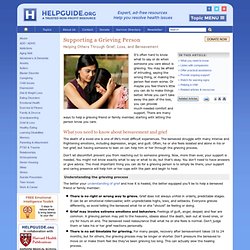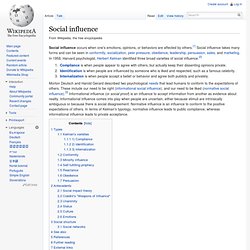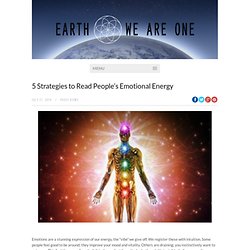

Why you should always 'Like' your own Facebook posts. If you’ve been using Facebook for a while you’ve probably noticed that many people “Like” their own posts just as soon as they post them.

While this could be viewed as a form of vanity (I mean really, is it cool to “Like” your own posts?) , in most cases it isn’t vanity at work at all. Facebook has made numerous changes to their user interface of late, and one of the most reviled changes of them all were changes to the news feed and the introduction of the Ticker. Now, instead of seeing all of your friends’ posts, you only see a selected few (selected by Facebook of course) showing up in your news feed. Under the new “Edge Rank” system, friends that don’t “Like” and comment on your posts usually stop seeing them altogether before too long.
In order to compensate for not showing your posts in some of your friends’ news feeds, Facebook added the ticker – a box in the right-hand column that lists the activities of your friends as they happen. Check out these Related posts:
Talking Issues. Overcome Social Anxiety with the 3-Second Rule. 32 Ways to Easily Make New Friends at Live Events (& how an introvert met 70 people in 12 hours) Top 10 Ways to Improve Your Communication Skills. Top Ten Books Every Leader Should Read. The book "Change the Culture, Change the Game" notes, “In an era when change is the new gravity, it’s time to apply sound ideas.”

We live in an increasingly interconnected world of shifting environments, agility, and innovation. As customers, workers, and partners continue to relate to organizations in new ways, it becomes especially vital for leaders around the world to react to this age of elevated connection by understanding how people interact. A 2012 Global IBM study of 1,709 CEOs, general managers, and senior public sector leaders in 64 countries suggested this change. In reference to CEOs’ reactions to the intricacy of interrelated organizations, markets, societies, and governments, the study identified the things that leaders must do to be successful in an ever-changing business landscape: • Empower employees through values, • Engage customers as individuals, • Drive innovation through partnerships, • Understand technology’s impact through disruptive innovation, 1. 2. 3. 1. 2. 3. 4.
Supporting a Grieving Person: Helping Others Through Grief and Loss. What you need to know about bereavement and grief The death of a loved one is one of life’s most difficult experiences.

The bereaved struggle with many intense and frightening emotions, including depression, anger, and guilt. Often, he or she feels isolated and alone in his or her grief, but having someone to lean on can help him or her through the grieving process. Don’t let discomfort prevent you from reaching out to someone grieving. Now, more than ever, your support is needed.
Understanding the grieving process. Simon Sinek: Why good leaders make you feel safe. 5 Effective Ways To Handle Difficult People. “Whatever you fight, you strengthen, and what you resist, persists.”

~Eckhart Tolle It’s morning; you’re in a great mood. You’re relaxed and have plenty of time to practice your morning routine. After a delicious breakfast you head out to start your day. Then it happens: you encounter a difficult person and your calm turns to calamity. We all have encounters with people who prefer to stay miserable, making everything difficult. As a former miserable person I know it was my inability to handle my mental and emotional states that kept me oozing all over others. Most often that helplessness manifested into continuous critiquing, judging, anger, and sometimes even pure rage. Difficult people are demanding. Agile programming — for your family. Wife Zone. Teampedia. Activities, Initiative Games & Problem Solving Exercises.
LeadingThoughts - LeadershipNow.com. Team Building. Collaboration. How to Win Friends & Influence People. Think Tanks. Think Tanks & orgs. Like Minds. Think Tank. Top 30 think tanks in the world 2011. Social influence. Morton Deutsch and Harold Gerard described two psychological needs that lead humans to conform to the expectations of others.

These include our need to be right (informational social influence), and our need to be liked (normative social influence).[3] Informational influence (or social proof) is an influence to accept information from another as evidence about reality. Informational influence comes into play when people are uncertain, either because stimuli are intrinsically ambiguous or because there is social disagreement. 5 Strategies to Read People’s Emotional Energy. Emotions are a stunning expression of our energy, the “vibe” we give off.

We register these with intuition. Some people feel good to be around; they improve your mood and vitality. Others are draining; you instinctively want to get away. This “subtle energy” can be felt inches or feet from the body, though it‘s invisible. Indigenous cultures honour this energy as life force. Emotional energy is contagious. When reading emotions, realize that what others say or how they appear frequently don‘t match their energy. How to Plant Ideas in Someone's Mind. Go Beyond Simple Networking and Organize Your Own Mastermind Group. Collaborativenesses. Social Communities. Communication.